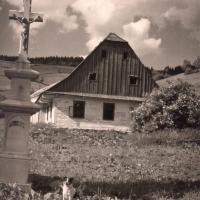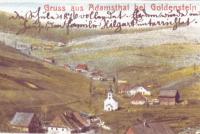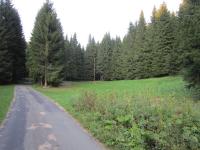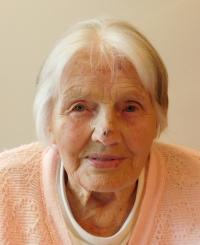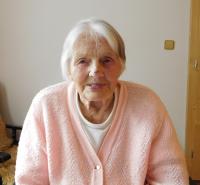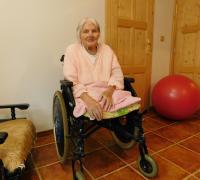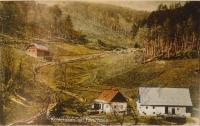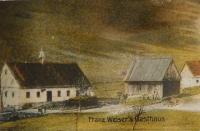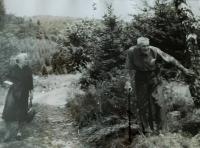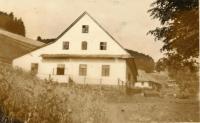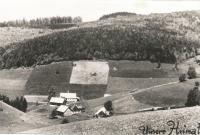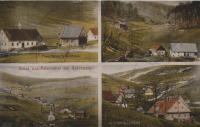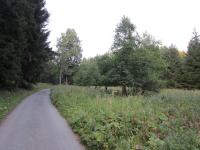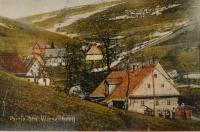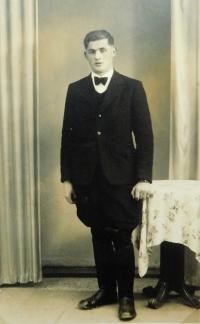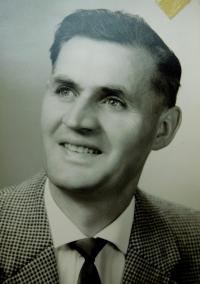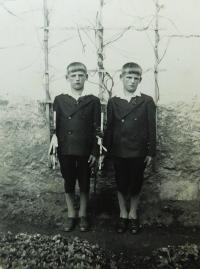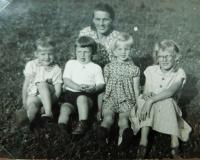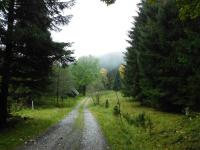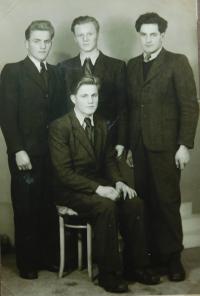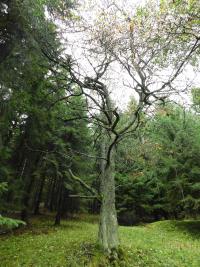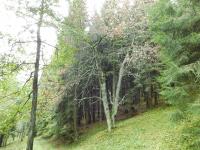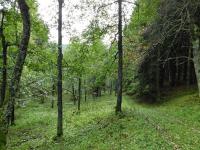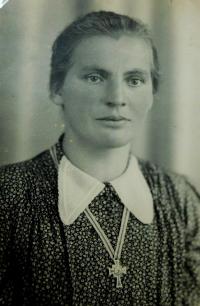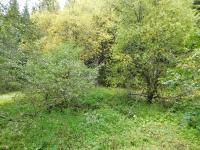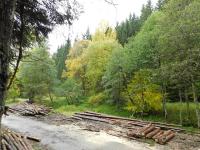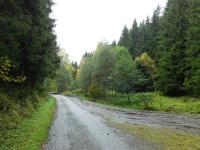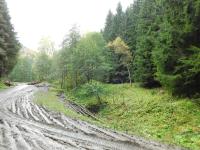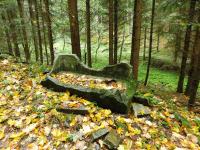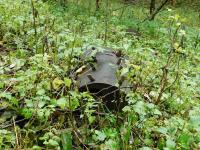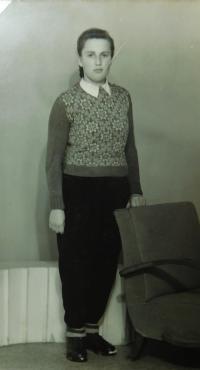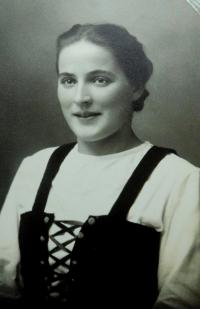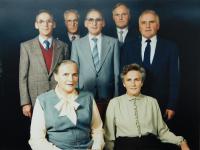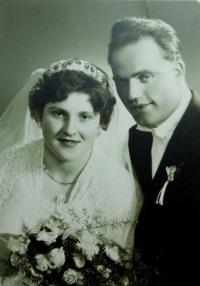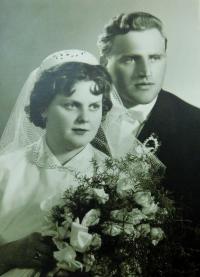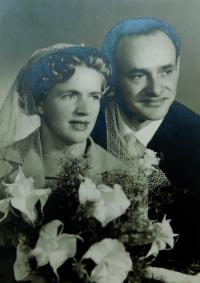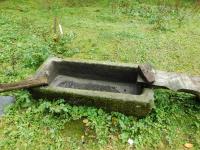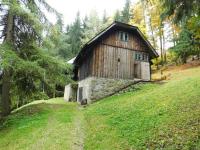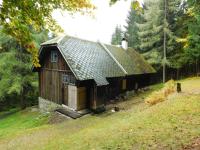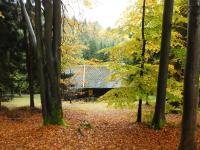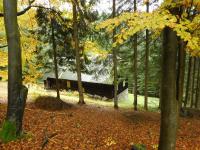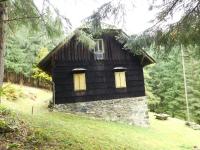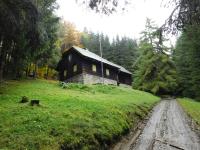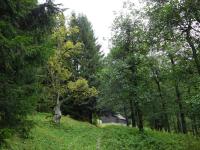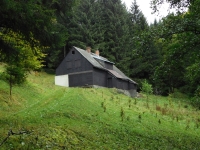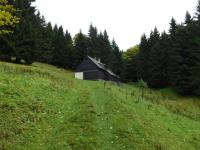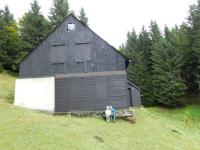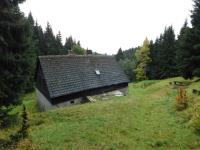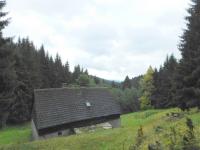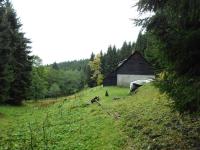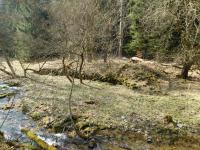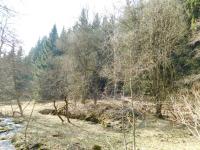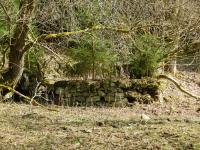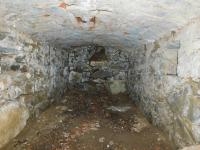Big dogs don’t bite each other
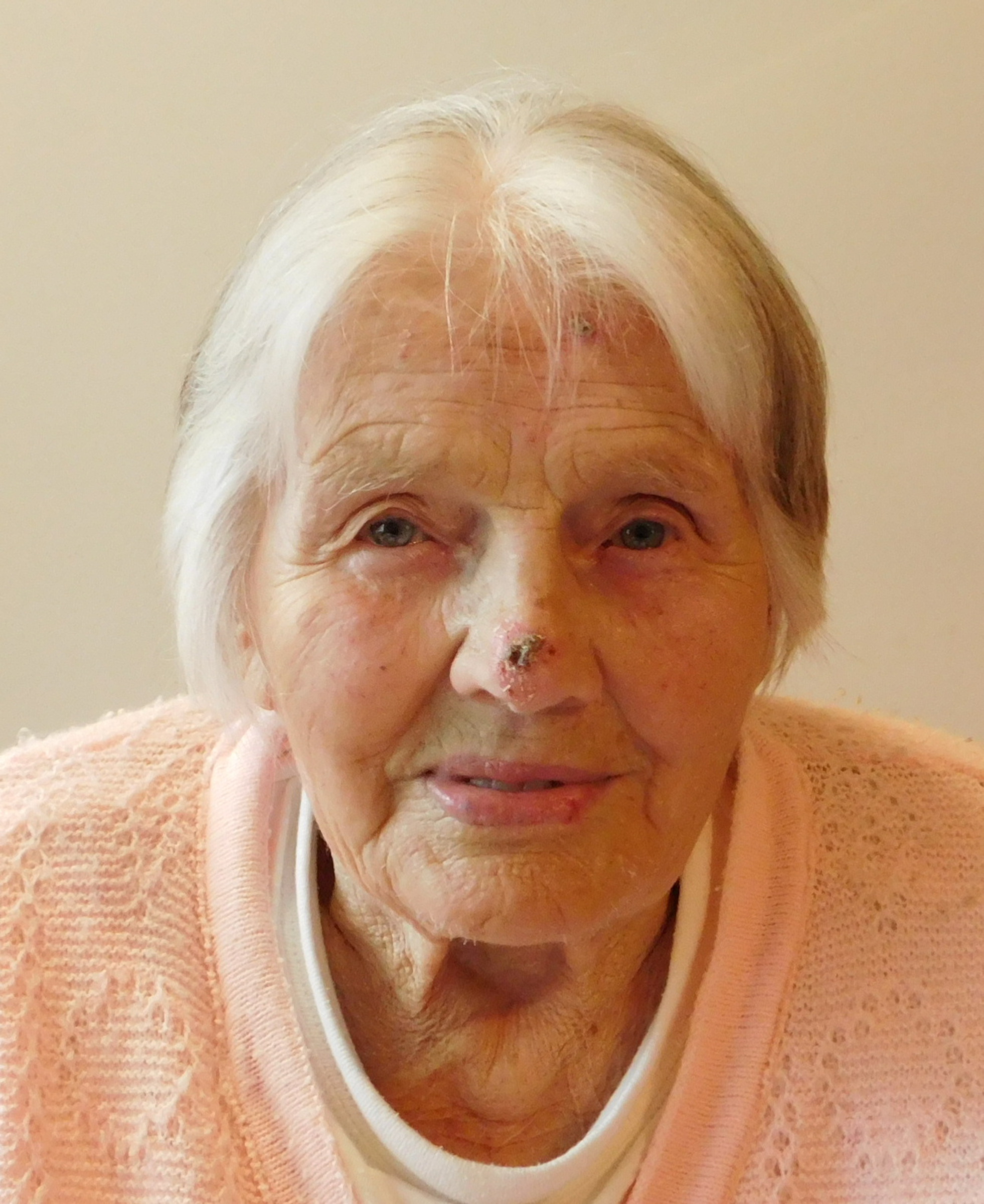
Stáhnout obrázek
Elfriede Richterová, née Spillerová, was born on 11 December 1921 as the second of ten children of her German parents in the now defunct settlement of Adamov (Adamsthal in German) in Telčava Valley, which separates Králický Sněžník from the Golden Mountains. The family owned the largest farm in the settlement with sixteen hectares of fields, a pub and a dance hall. During World War II four of her brothers were drafted into the Wehrmacht. They all survived, but only the youngest one returned - seventeen-year-old Otto. The other three ended up in POW camps and settled down in the Federal Republic of Germany (West Germany). However, her brother Josef had to survive several years of internment in the Soviet Union first. Her father was held in prison for eight years after the war. Among other things, he was punished for his NSDAP membership in the Retribution Acts. Her father‘s prison sentence and the fact that it meant the family was split was probably the reason why they were not deported with other Germans in 1946. The family was then repeatedly moved from place to place. Their birthplace, where a hundred-and-fifty inhabitants had lived in twenty-six houses before the war, was made derelict, and now only the foundations of several houses can be discerned. But a part of the settlement did survive. There are two houses hidden on the steep slopes of the forest. One is the former lodge of the forest administrator Schwarz, the other the house of Otto and Marie Kolbe, who lived there before the war with their fourteen children. In 1955 Elfriede married the Czech Jan Richter. Nine years later her parents and siblings received permission to emigrate to the Federal Republic of Germany. And so only the witness and her sister Hermine remained of the large family. As of 2017, Elfriede Richterová lives in Ostružná.
